News
News / 08/01/2016 / 1605
During my stay in Bordeaux this year as the winner of Millesima Blog Award 2016, I had an opportunity to visit Château Pape Clément in Pessac, one of the oldest Grand Crus in Bordeaux. Written records indicate that the first harvest in the vineyards of this winery took place in 1252. The winery and chateau were owned by Bertrand de Goth, younger of a prominent noble family from Bordeaux region. At the beginning of the fourteenth century, Bertrand became Pope Clement V and moved to the papal palace in Avignon, so this is where the entire estate inherited its name from. The estate belonged to the Catholic Church until the second half of the eighteenth century. Then it got nationalized, and in the period that followed, a succession of owners continued development of the estate. One of them was Jean-Baptiste Clerc, a wine merchant from Bordeaux, who acquired the estate in 1858 and improved the quality of grape production. He also took credits for construction of the chateau on the estate.
In 1980s, Bernard Magrez bought the estate and contributed to global fame of this historic property. The highlight was certainly 100/100 rating by Robert Parker for the wine from vintage 2010.
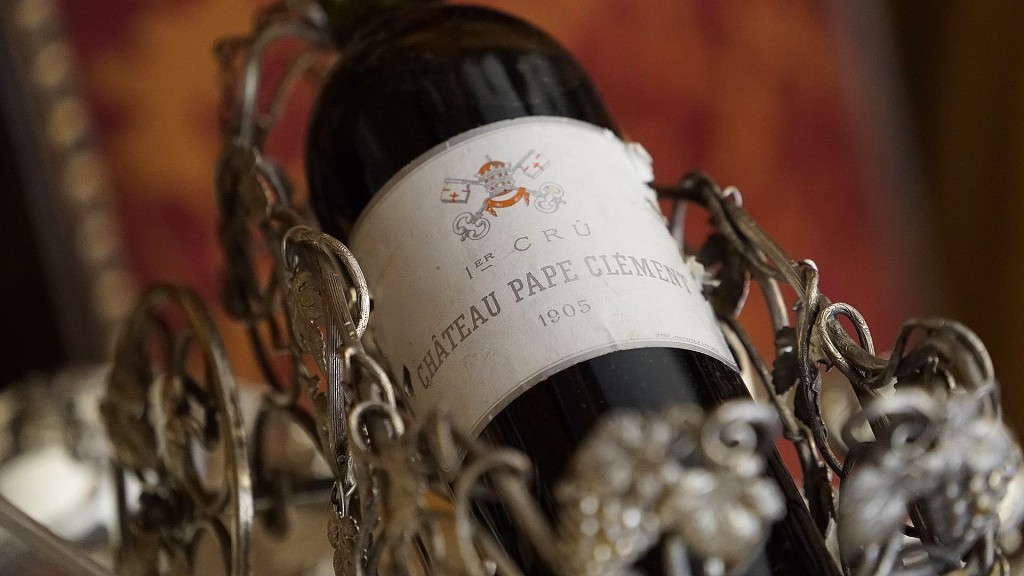
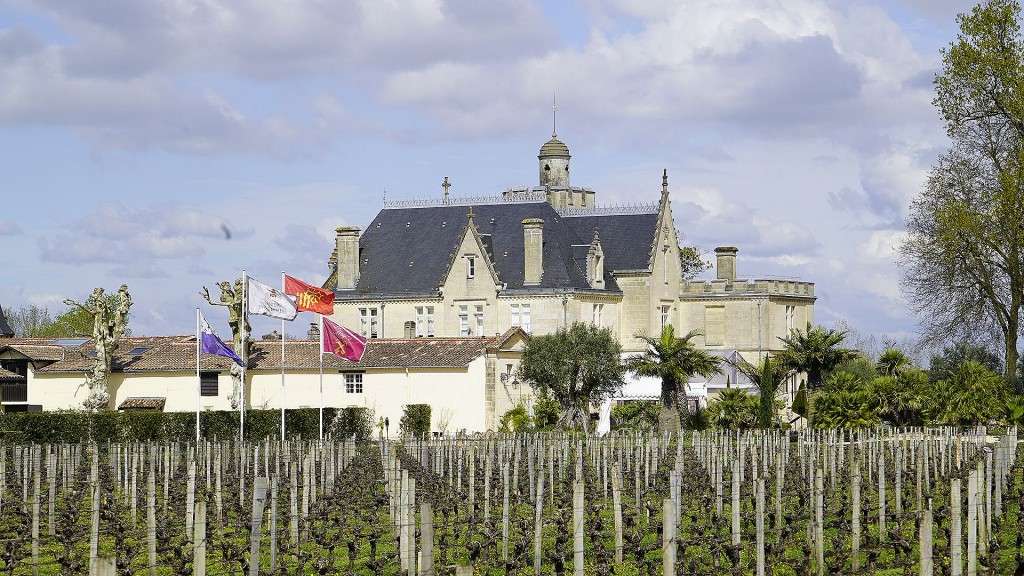
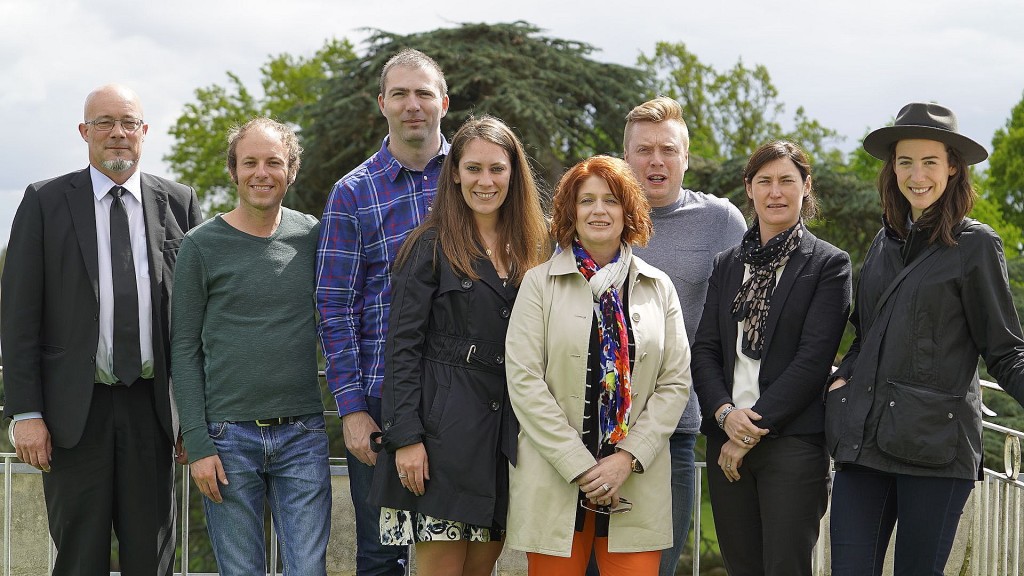
Visit to Chateau Pape Clement is truly an unforgettable experience. Particularly if you are guided by Jeanne Lacombe herself, the technical director of the winery. A great opportunity to have hands-on understanding of how tradition and innovation together lead to top results.
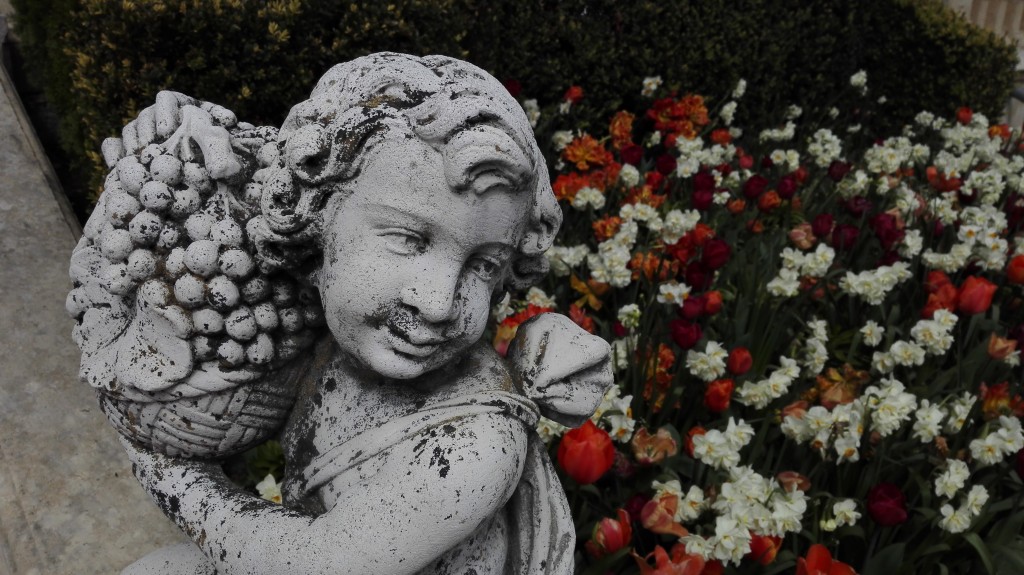
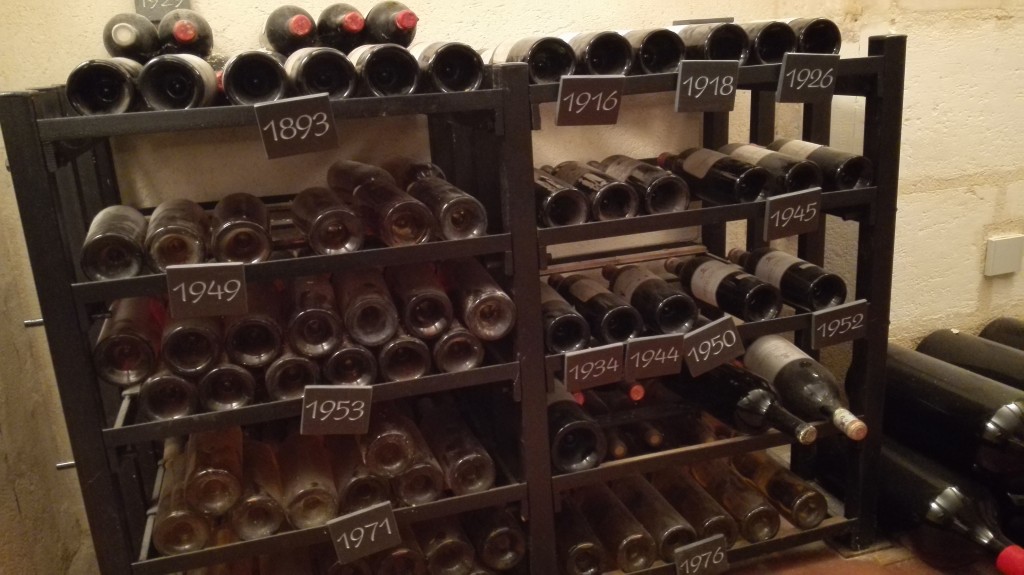
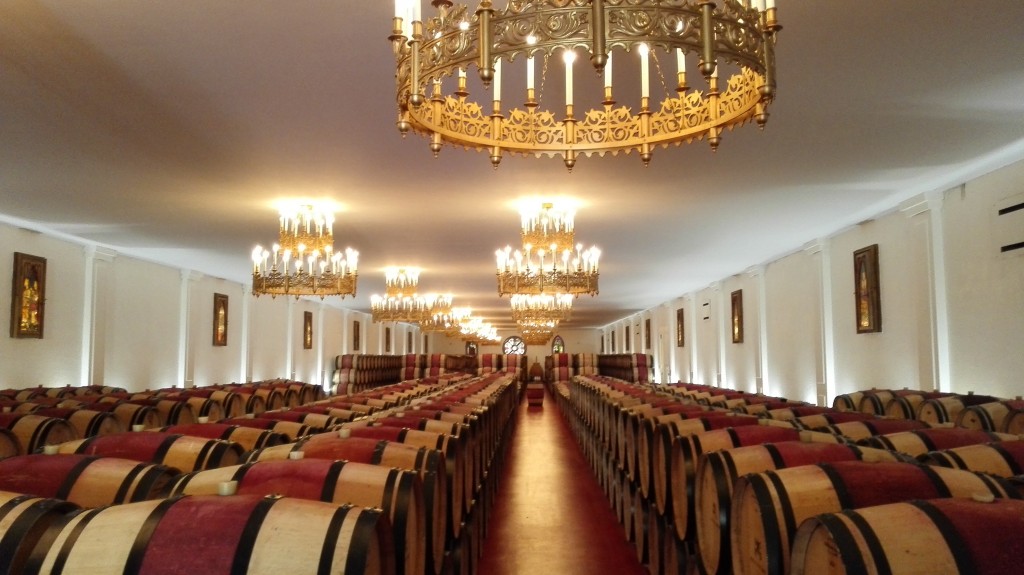
TRADITION
How much attention is paid to quality in every aspect of production shows the fact that about 60 workers are hired at harvest time to separate manually stems from grapes harvested in vineyards covering 60 hectares, so the possibility of crushing berries and oxidation is reduced to minimum. Also, tractors are not used in the vineyards of Chateau Pape Clement. Instead, all work in the vineyard is done by draft horses. Horses are already trained and experienced so they know the route through the vineyard. Although they have at disposal a large selection of the latest agricultural machinery and equipment for tillage and vineyard maintenance , most of the work is performed by horses. You may wonder why ... The reason is the following: when maneuvering through a vineyard, horses do not compress the ground so the soil aeration is not impeded. Also, a worker passing through the vineyard with horses has a much better view of each vine so the maintenance is much more precise and careful. Tractors would compact soil in the vineyard which consequently hinders absorption of rainwater and prevents air from penetrating into deeper layers of the soil. Consequently, development of microorganisms in the soil is hindered. Thanks to these microorganisms, the soil gets enriched with nutrients.
During the period of vine growth, it is desirable that the vine is freed of weeds because the vine shouldn't contend with weeds for nutrients and water. Nowadays, herbicides are commonly used in conventional vineyards for weed control between the rows. As we were explained by Ms Lacombe at Chateau Pape Clement, if you pick a clod of soil in such a vineyard and smell it, usually such soils are odourless, therefore quite easy to detect. On the other hand, if the soil is tilled with horses and without the use of herbicides, you can detect a particular smell of soil full of organic matter. Fungi and microorganisms make the soil alive. Vines planted on such soil will produce better quality grapes.
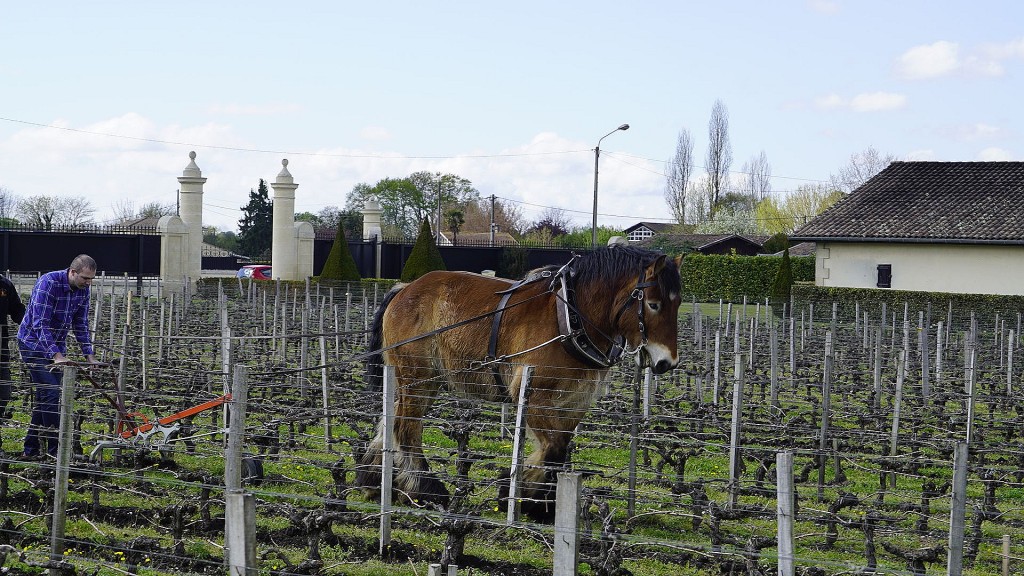
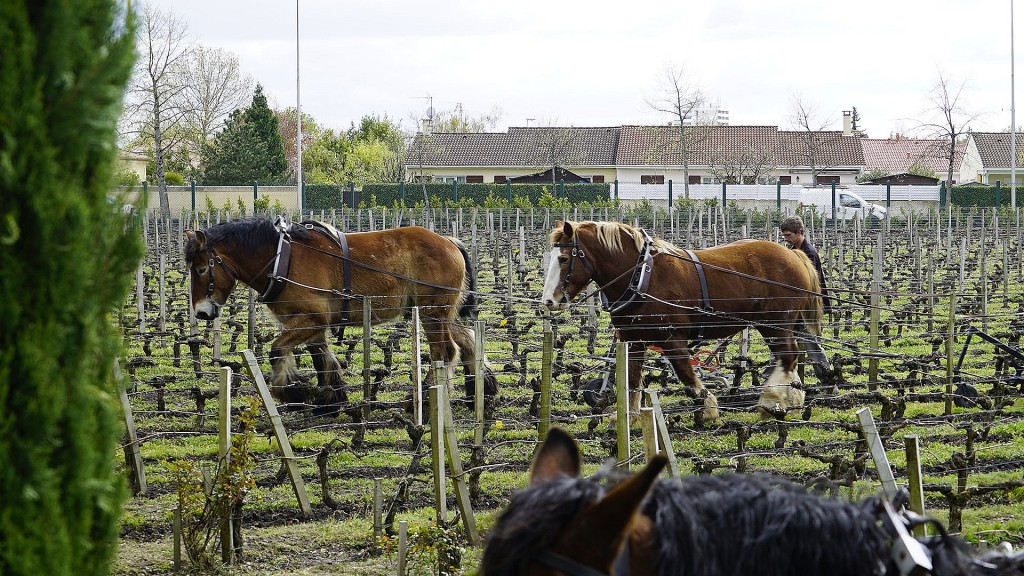
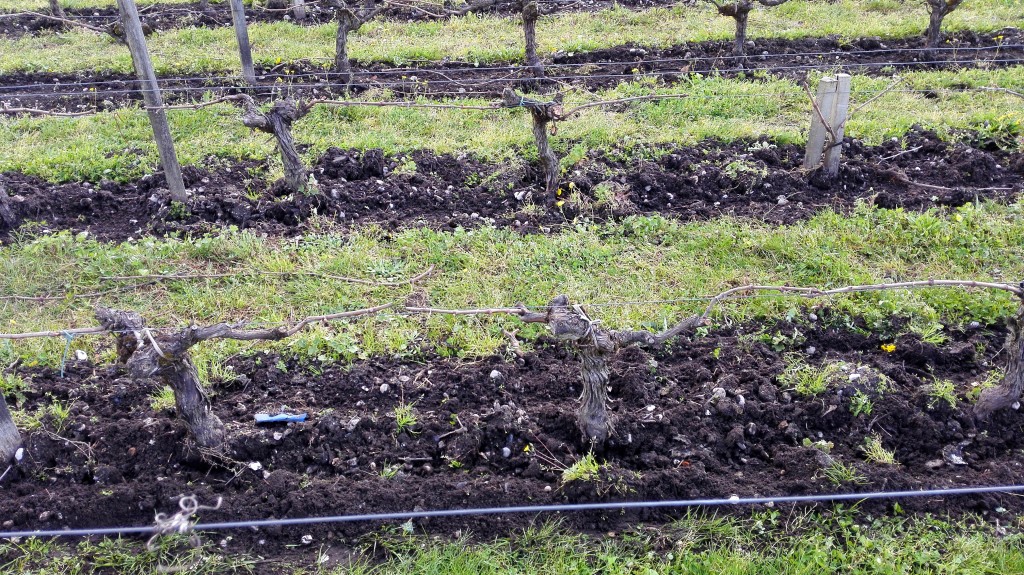
Another advantage of working with horses is silence. Chateau Pape Clement is surrounded by residential suburbs - a set of family houses whose owners certainly appreciate that quiet in their immediate neighbourhood is not disturbed by the noise of tractors and other machines in the vineyards. Instead, serenity rules the estate; the harmony of nature, bird chirping is interrupted solely by shouts of workers who maneuver horses between vines. And another important thing: no emissions.
With growing interest in biodynamic viticultural practices, horses are becoming increasingly used in the vineyards. And it seems that the use of horses is much more than a fad. The importance of working with horses is evidenced by the fact that not only Chateau Pape Clement, but also other prestigious wineries such as Domaine de la Romanée-Conti, Maison Chaputier, Domaine Leroy and many others deploy draft horses in their vineyard.
Most often, the owners of horses set up their own company that provides vineyard tillage and maintenance services, so wineries can hire them when needed. As a result, wineries are not burdened by additional tasks of taking care of animals, yet horses are deployed whenever needed. Thus, a number of wineries can deploy the same horses throughout the season. To some extent, Chateau Pape Clement is an exception to this practice because their horses are kept on the estate.
INNOVATION
Chateau Pape Clement is a winery that does not eschew new technology despite having such an impressive history and tradition. Simply, Bernard Magrez doesn't allow to be lulled into the story of glorious past, but endeavors to remain competitive so that the winery keeps up with other wineries in the market.
We went to the vineyards in order to view a demonstration of the use of drones. Thanks to the state-of-the-art software and use of drones, vineyard management has become Sci-Fi action. A viticulturist is operating a console-style controller with joystick device in the vineyard and navigating drones while monitoring on-screen reading. What's the purpose of drones? First, when planting new vineyards, images made by drone are important for better planning of future planting. Also, the drone creates 3D image of the terrain, whilst the software reads the slope of terrain. This is vital for selecting plots where drainage is required. The drone is also used to determine which vines failed to put forth buds or shoots, so the planting time can be adequately optimized.
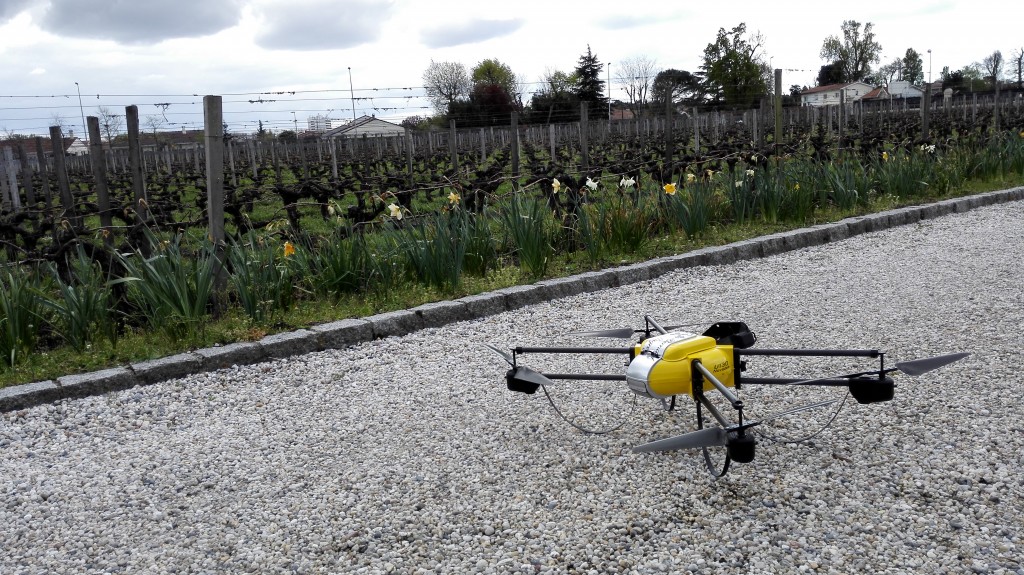
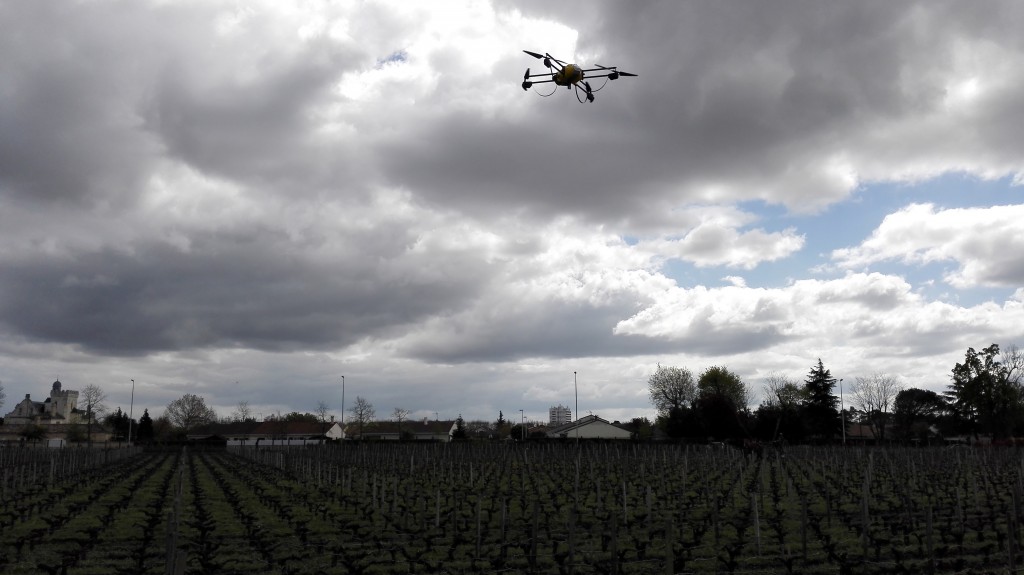

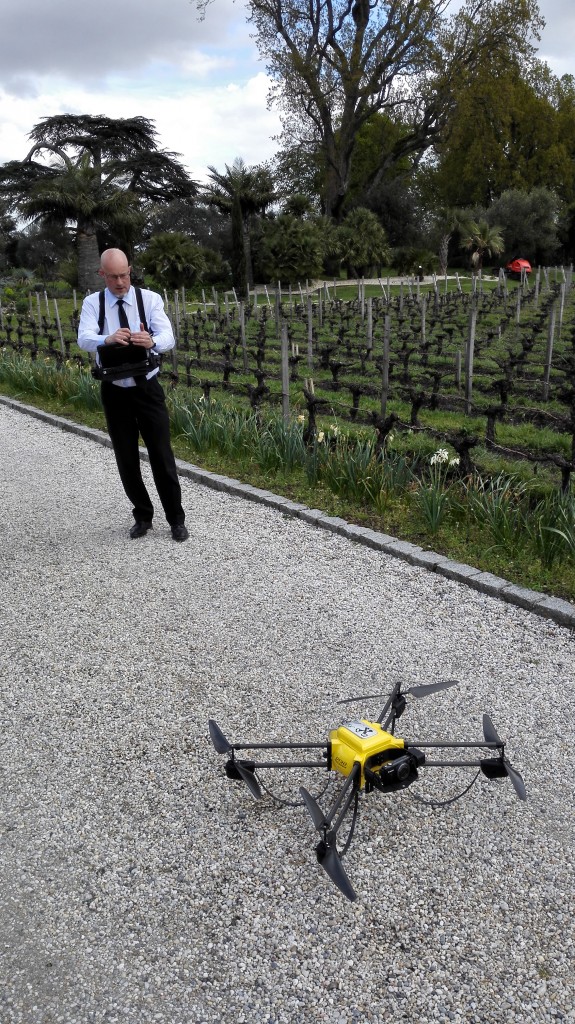
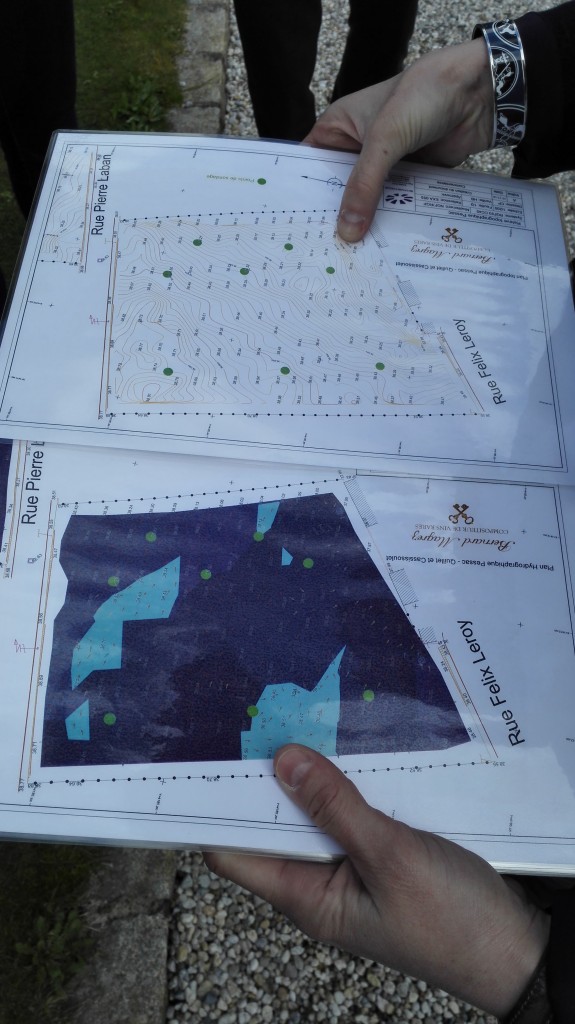
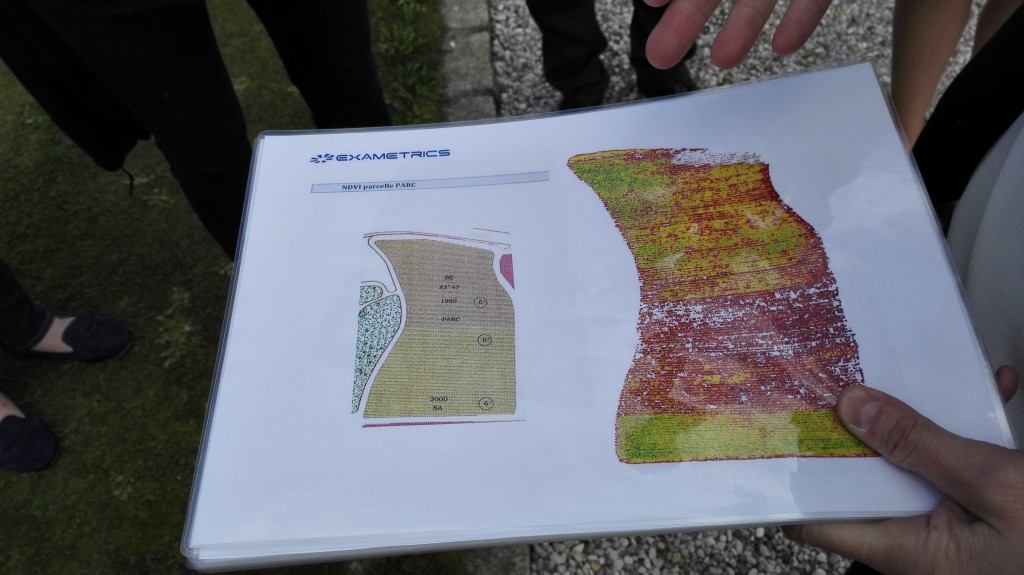
In Bordeaux, human labour is costly, so aerial shots from drones during the green pruning allow for real cost savings. The software analyzes aerial shots and, based on shades of green color, determines density of leaves and reveals exact sections and rows of the vineyard which require green pruning. This approach brings time-efficiency and labour savings in the period of green pruning because work is done only in those parts of vineyard where really needed. The same principle is applied to determine geographic distribution of disease and pests in the vineyard or vineyard susceptibility to water stress.
In addition to drones, VitiRover, autonomous robot with pre-set GPS coordinates is also used to move around the vineyard. The robot is commonly used for mowing grass (April-August), thus reducing the use of herbicides. The robot is also equipped with instruments for measuring climatic data (temperature, humidity, etc.), performs evaluation of the yield, performs pest control actions (in case of cicadas). The robot also has a special tool that can be fitted when setting pest traps in the vineyard.
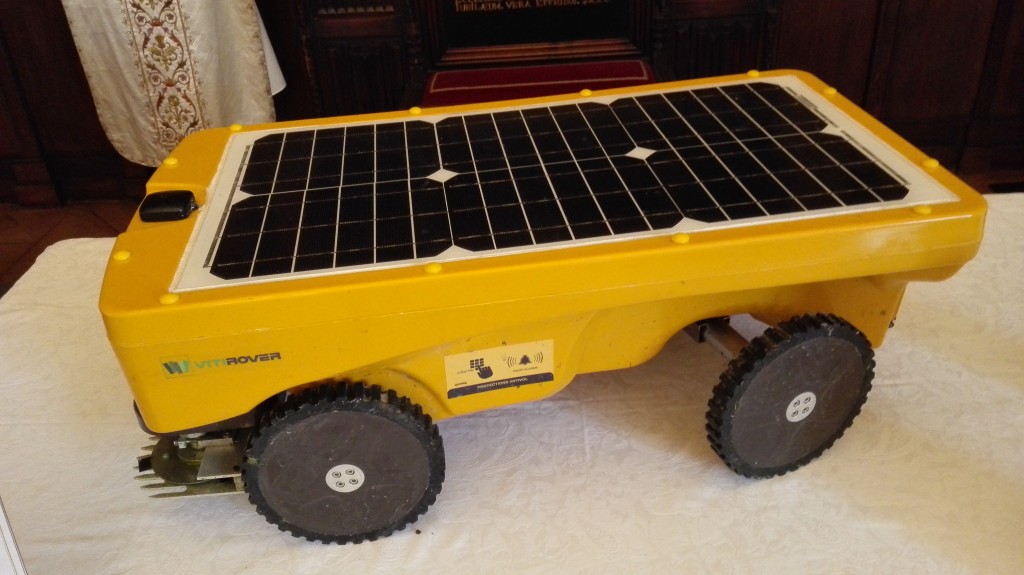
I think this is where the secret of fine wines lies... in a successful combination of tradition and experience that have accumulated for centuries and innovation that enables us to make the best use of scientific knowledge developed in the 21st century. Chateau Pape Clement is a great example that proves it.
Photo credits: Millesima (F.Lot)
_________________________________________________________________
What is Millesima? – Millesima has been one of Europe’s leaders in en primeur and fine wine retail since 1983. Their Bordeaux cellar houses more than 2,500,000 bottles from the best vintages and producers from Bordeaux, Burgundy, Rhone Valley, Alsace, Champagne … Over the last 20 years, Millesima has delivered wine to more than 70,000 customers worldwide. http://www.millesima-usa.com/?cm_mmc=blogger-_-branded-_-banner-_-blog+awards
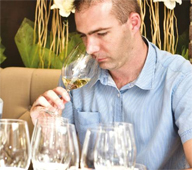
Tomislav Ivanović
Awarded wine writer, wine critic and contributor to selected wine magazines. WSET3-certified author and editor-in-chief of www.vinopedia.rs. Member of Vojvodina Sommelier Association. Juror in national and international wine competitions. Lecturing about wines of Serbia and the Balkans. Local partner of Wine Mosaic organization. Co-founder of International Prokupac Day.
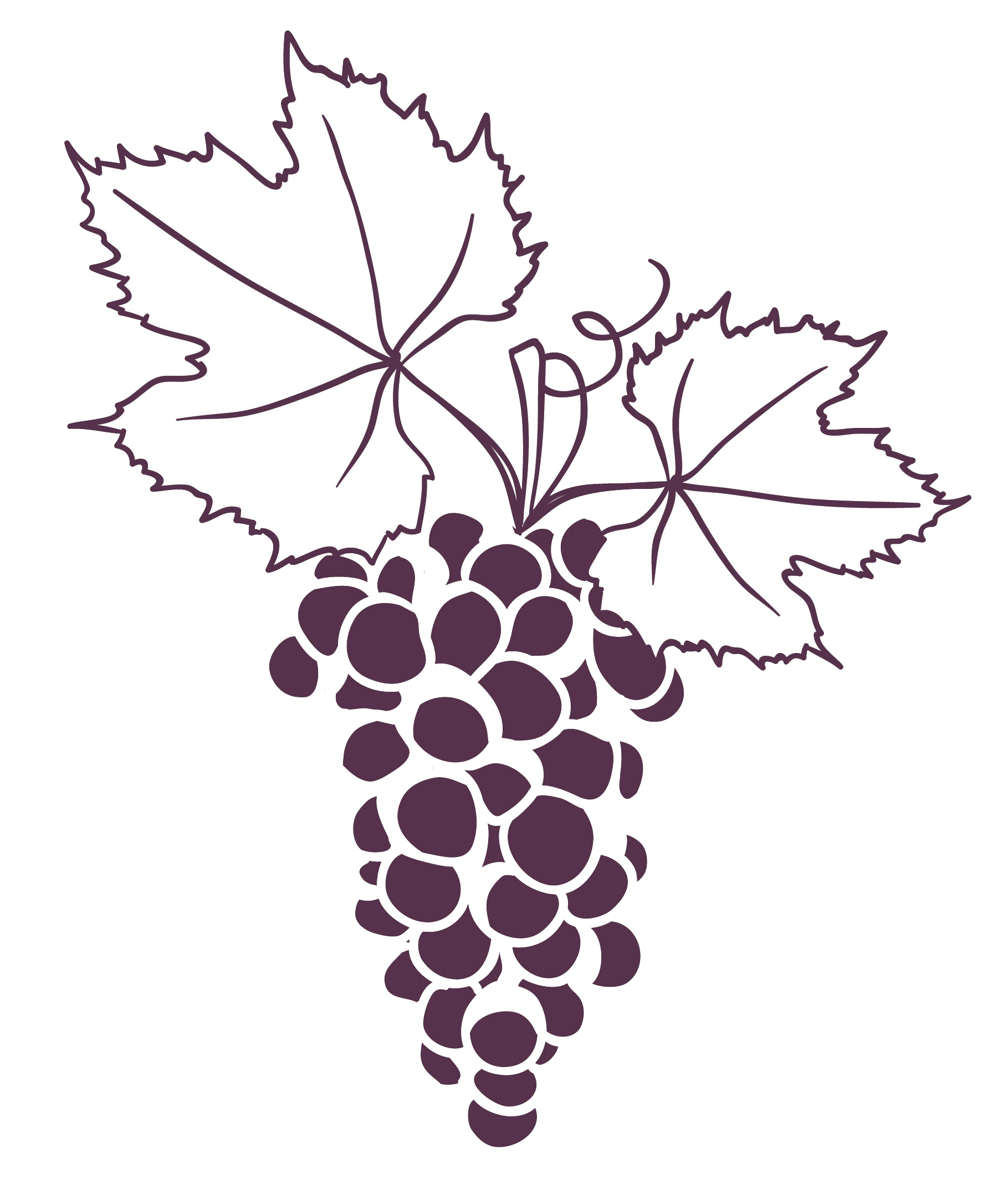
Pročitajte i druge članke iz ove rubrike:
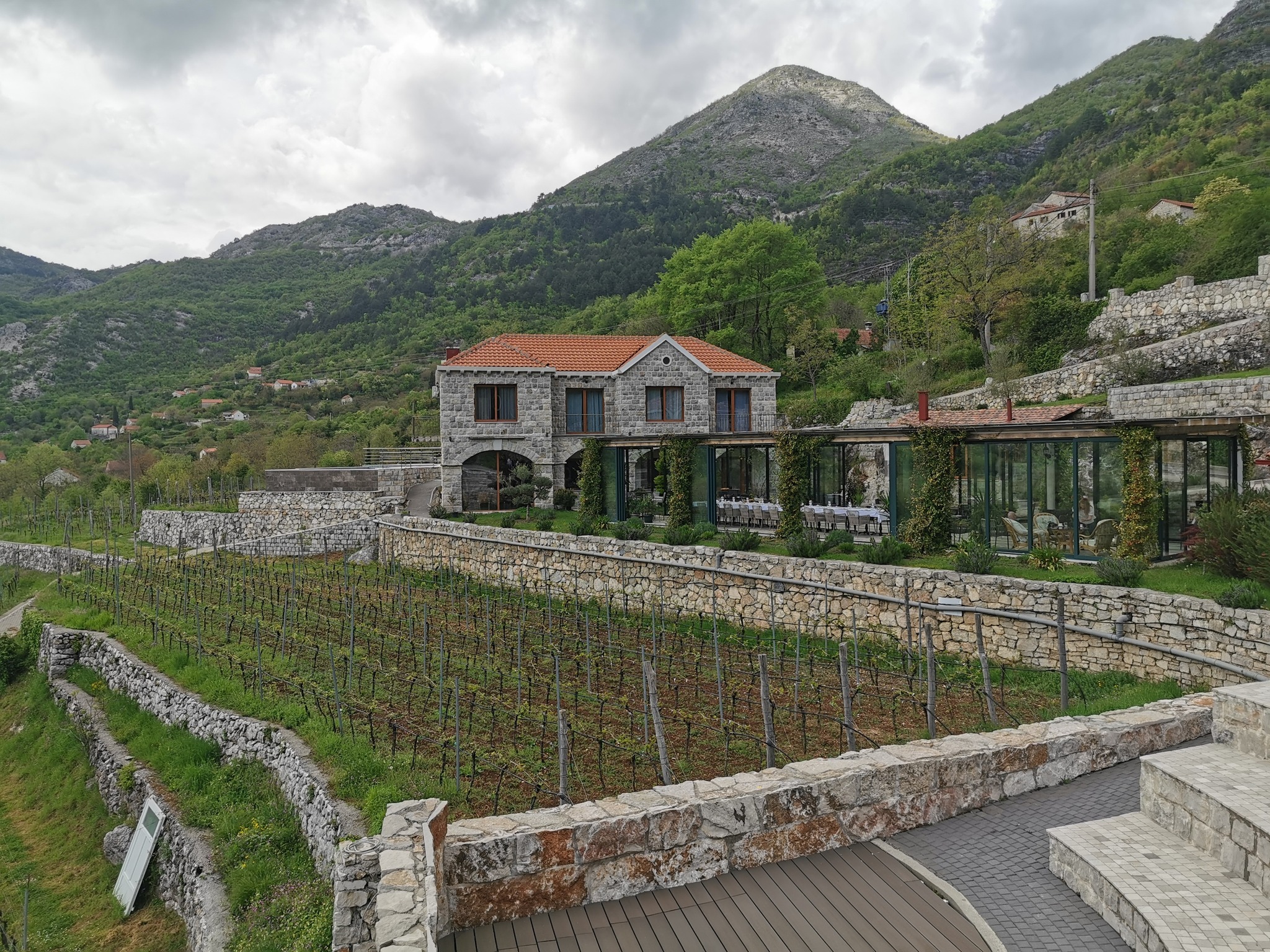

KRATOŠIJA PROBUDILA CRNOGORSKE VINARE
PROČITAJ VIŠE
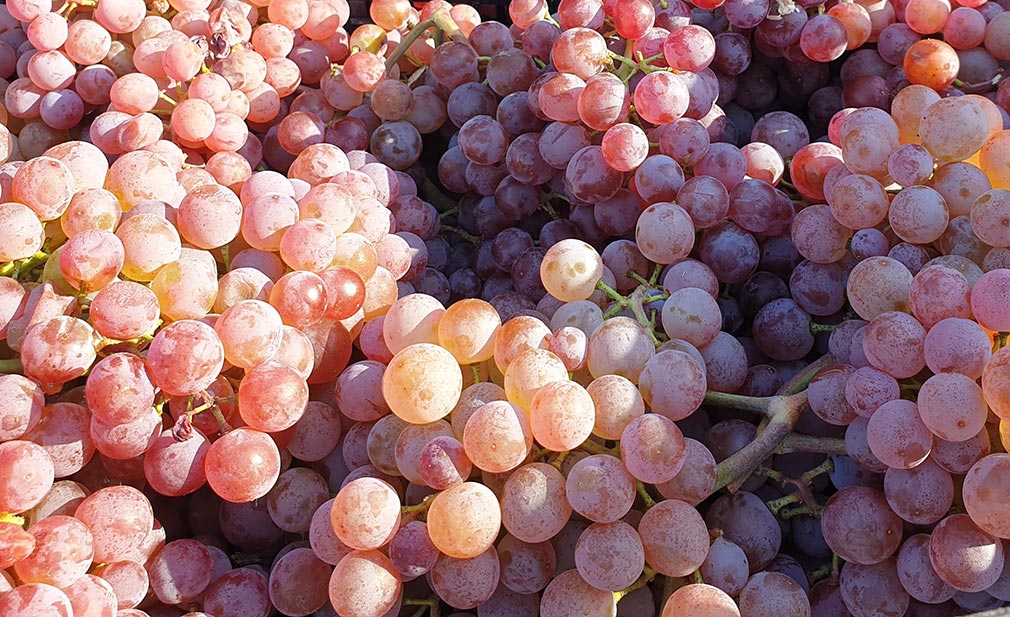

VINOPEDIA TOP 10 2024
PROČITAJ VIŠE
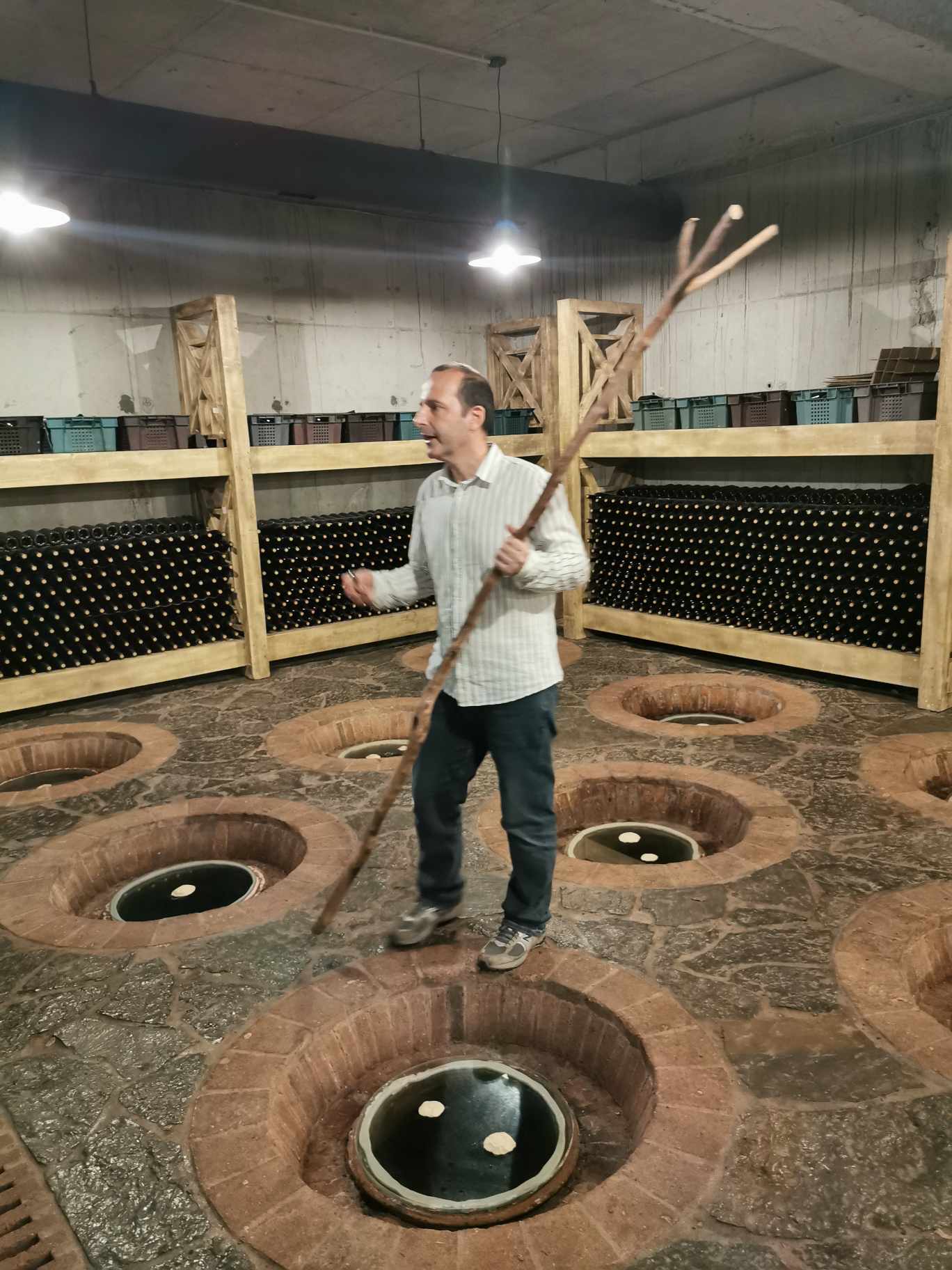

GIUAANI - VINSKI TURIZAM NA GRUZIJSKI NAČIN
PROČITAJ VIŠE
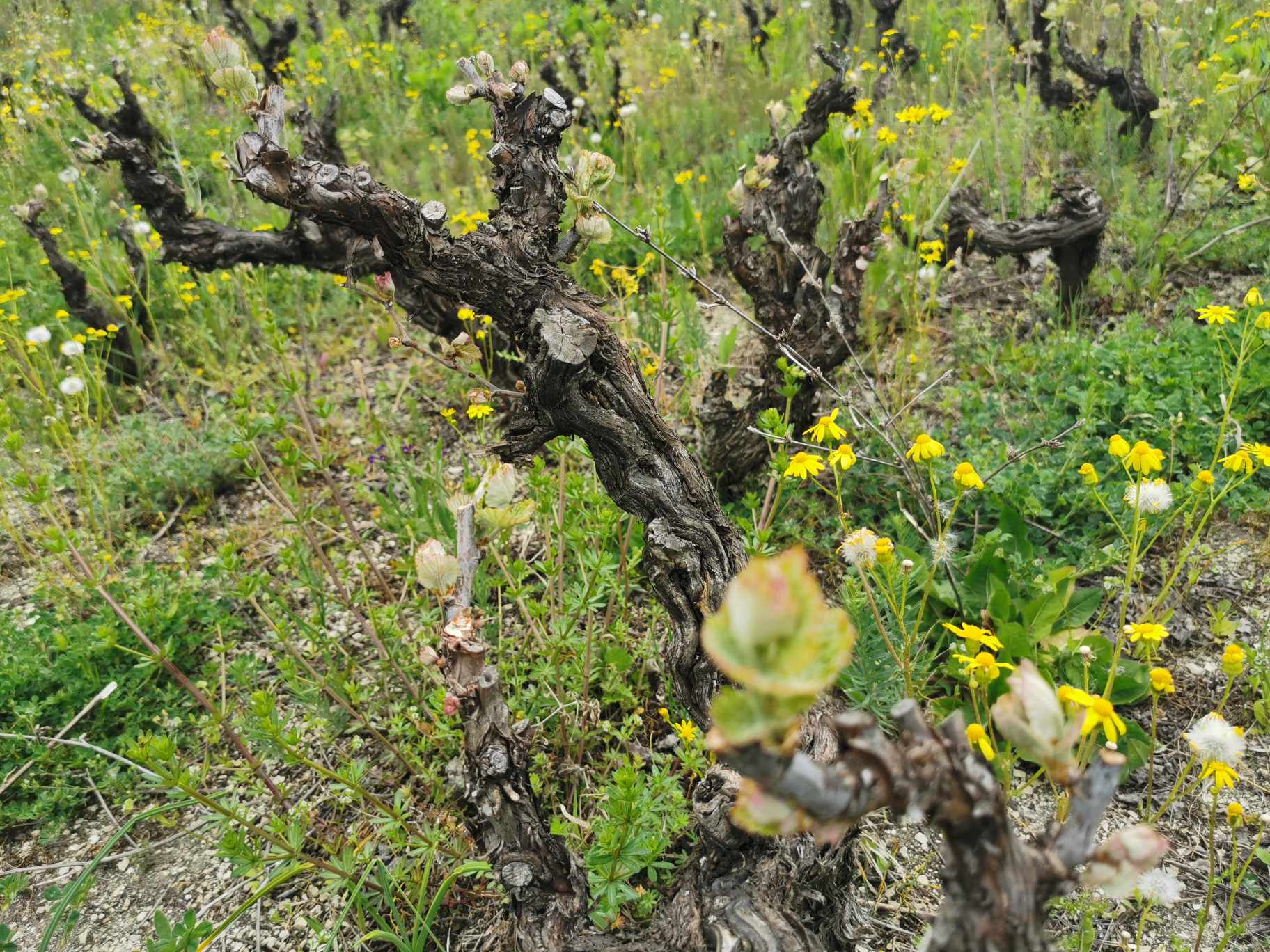

SPASIMO STARE VINOGRADE SRBIJE
PROČITAJ VIŠE
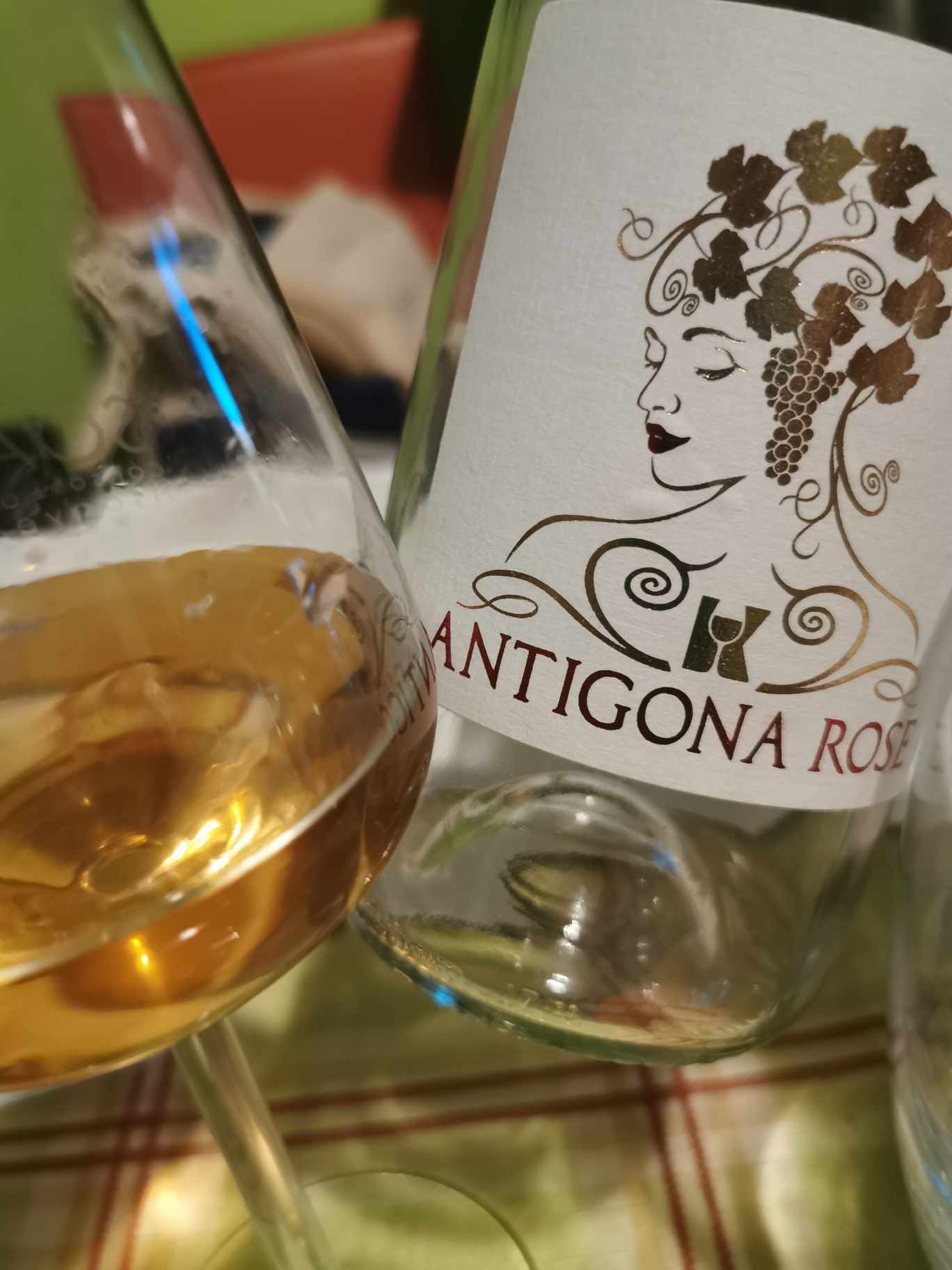

NAŠLI SMO ANTIGONU IZ ORAHOVCA
PROČITAJ VIŠE
Winner MILLESIMA BLOG AWARD 2016
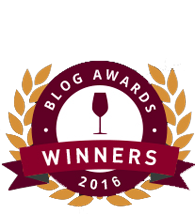
Pobednik MILLESIMA BLOG AWARD 2016
VINO & FINO wine personality of the year 2016
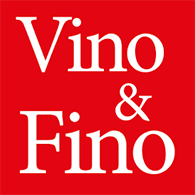
VINO & FINO vinska ličnost godine 2016